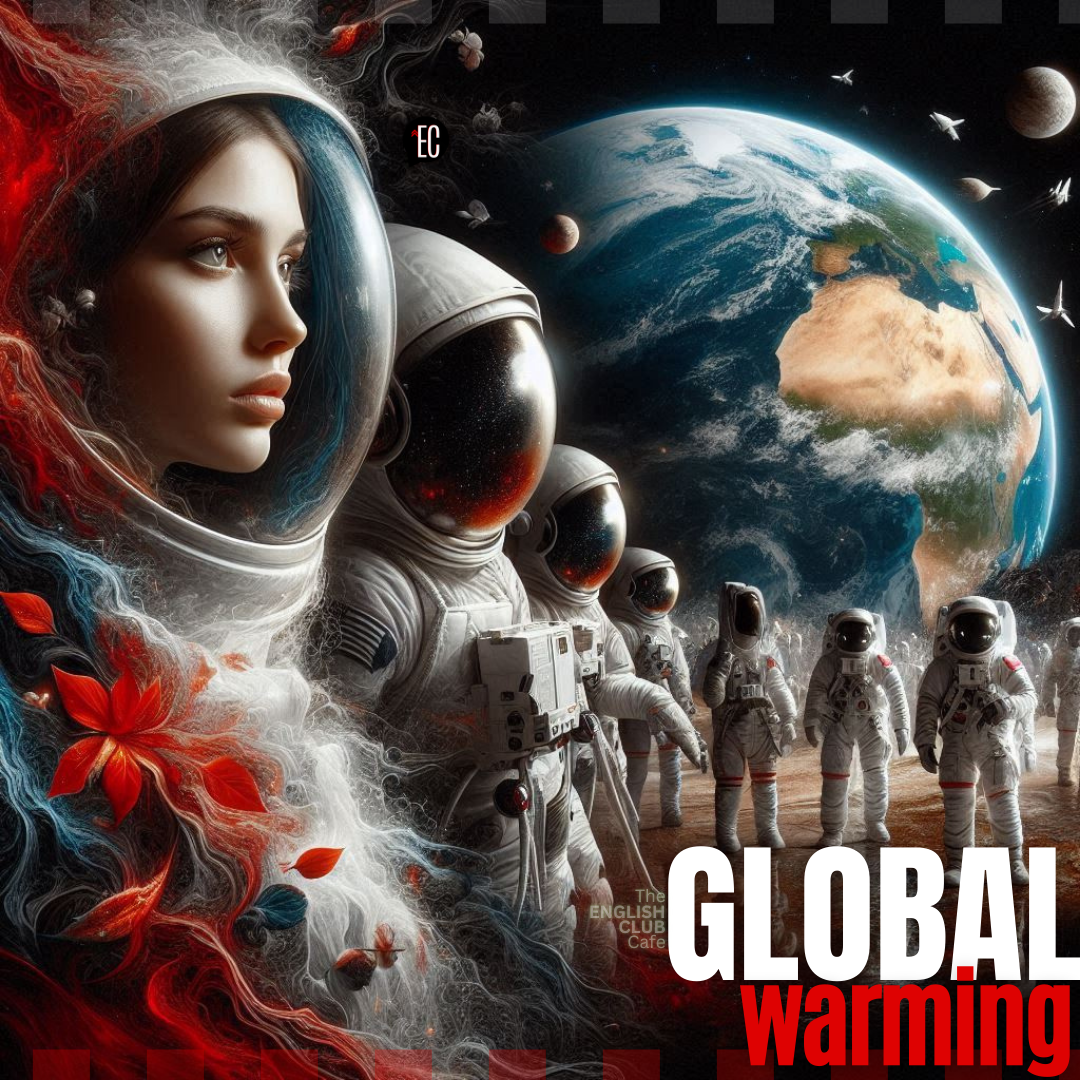Website designed with the B12 website builder. Create your own website today.
Start for free

Global warming is no longer just a topic for scientists—it’s a global crisis affecting communities, ecosystems, and economies worldwide. But how serious is the issue, and what data supports the claim that it is a significant threat to our planet?
Understanding Global Warming: The Basics
Global warming refers to the gradual increase in Earth’s average temperature due to the excessive release of greenhouse gases, such as carbon dioxide (CO₂) and methane. According to NASA, the Earth’s average temperature has risen by about 1.1°C (2°F) since the late 19th century. Though it may seem small, this change has had widespread impacts.
Evidence from Around the World
The impact of global warming is evident worldwide. In 2021, the city of Lytton, British Columbia, Canada, reached a record temperature of 49.6°C (121.3°F) during a heatwave. Tragically, the intense heat resulted in wildfires that destroyed much of the town. Meanwhile, Venice, Italy, has experienced record-breaking flooding, with 85% of the city submerged in November 2019 due to rising sea levels and extreme weather patterns.
In Asia, Bangladesh faces frequent floods that affect millions, largely due to rising sea levels. The World Bank projects that by 2050, rising waters could displace around 13 million people in Bangladesh alone. Similarly, the Pacific island nation of Tuvalu has become emblematic of global warming’s impact, as rising sea levels threaten its very existence. With only about 10,000 residents, Tuvalu could become uninhabitable within decades.
The Science and Statistics of Rising CO₂ Levels
The link between carbon dioxide emissions and global warming is well-documented. Since the industrial revolution, CO₂ levels have increased by over 40%, largely from burning fossil fuels. According to the Global Carbon Project, in 2021 alone, humans emitted 36.4 billion metric tons of CO₂ globally. This increase in greenhouse gases traps more heat in the atmosphere, causing temperatures to rise.
A study by the Intergovernmental Panel on Climate Change (IPCC) in 2018 warned that limiting global warming to 1.5°C by 2100 could prevent many of the worst impacts of climate change. However, the IPCC reported in 2021 that global temperatures are likely to reach or exceed this limit in the next two decades if drastic action is not taken.
Economic and Environmental Consequences
The economic cost of global warming is also staggering. A 2019 report by the International Monetary Fund (IMF) estimated that unchecked climate change could cost the global economy $7.9 trillion by 2050. Countries like the United States, Japan, and Germany, which are highly industrialized, could suffer severe economic losses due to extreme weather events, loss of biodiversity, and the impacts on agriculture.
Global warming also accelerates the loss of biodiversity, threatening animal and plant species. The World Wildlife Fund (WWF) reports that populations of mammals, birds, fish, and reptiles have declined by 68% on average since 1970 due to habitat destruction and climate change. This loss of biodiversity disrupts ecosystems, threatening the balance needed for our food and water supplies.
Global Actions and the Road Ahead
In response to the threat of global warming, the Paris Agreement was adopted in 2015 by nearly every country in the world, aiming to limit global warming to below 2°C above pre-industrial levels. However, recent assessments indicate that current policies may only limit warming to around 2.7°C, still far above safe levels. Countries such as Denmark and Sweden have committed to reaching net-zero carbon emissions by 2050, while cities like San Francisco and London are investing in renewable energy and green infrastructure.
Lesson Learned: Global warming is not just a “big issue” but a crisis demanding immediate, united global action. While some impacts of global warming are already unavoidable, we can still work to reduce its severity by shifting to renewable energy, protecting biodiversity, and supporting sustainable policies. Tackling climate change is a long and complex road, but it is essential for protecting our planet and future generations.